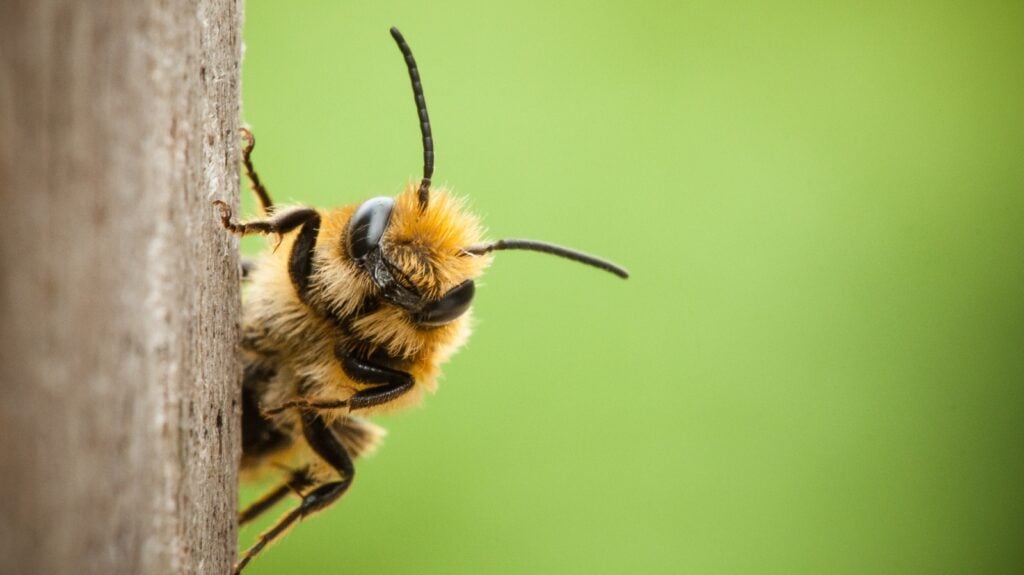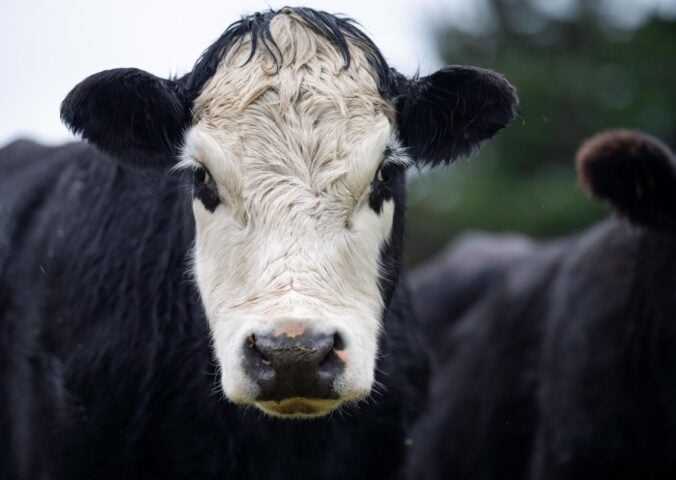New research confirms that not only can bees feel pain, but they also actively make choices about whether to suffer for sustenance or not.
The findings may require an amendment to the existing Animal Welfare (Sentience) Act 2022, which includes all vertebrate and some invertebrate animals.
Researchers at the Queen Mary University of London conducted the study, with bees given a choice between feeding from a heated or unheated dispenser.
Insects were found to willingly withstand the pain from a heated feeder to access a higher sugar content.
Bees feel pain
During the project, researchers discovered that bees can modify their behavior when faced with “noxious” (painful) scenarios. It was noted that they do so in a similar way to other animals that have been confirmed to feel pain. These include rodents and primates.
“If insects can feel pain, humans have an ethical obligation not to cause them unnecessary suffering,” Matilda Gibbons, first author of the study told The Daily Mail.
“But the UK’s animal welfare laws don’t protect insects – our study shows that perhaps they should.”
The study’s lead researcher Professor Lars Chittka agrees that welfare law adaptions are appropriate.
“Insects are not currently protected by any legislation regarding their treatment in research laboratories and in the growing industry that produces insects for human consumption or as food for conventional livestock,” he said.
“The legal framework for the ethical treatment of animals may have to be expanded”
How researchers came to their conclusion
Gibbons and her colleagues used the notion of “motivational trade-offs” to assess whether bees feel and can understand pain.
More than 40 bumble bees were presented with a choice between two sets of feeders. One contained a 40 percent sugar solution and the other, a liquid with a lower sucrose dose. Feeders were placed on top of heating pads, with all initially turned off.
In the initial test, bees were introduced to both sets of feeders. All preferred the high sucrose solution.
In further tests, scientists heated pads underneath the preferred sugar solution to 55°C. This was deemed enough to be unpleasant but not injury-inducing. The lower sucrose solution feeders remained cool.
When offered a choice, the bees opted to endure pain for better quality food.
“If the sugar was super concentrated, the bees would put up with more pain,” Gibbons said in a statement. “They could walk away whenever they wanted, but they didn’t. Getting that sugar was a huge motivator.”
The significance of the findings
Aside from crustaceans, “this is the first direct demonstration that arthropods”—a group that also includes insects and spiders—“can also do trade-offs,” Jonathan Birch, an expert on animal sentience at the London School of Economics, told Science.
He continued to call the study “intellectually fascinating” and “ethically important.” Especially when considered against the growing trend of insect protein as a human food source. Birch also iterated that studies of this nature highlight the lack of “research into the welfare needs of insects.”
Protect the bees
Despite being crucial to food and ecosystems, bees are not protected animals. As a result, it is estimated that up to 25 percent of species are now endangered.
The risk to biodiversity if bees continue to decline in number is significant and has led activists to ask citizens to take steps to ensure bee health. These include installing bee “hotels” and wildflower beds in domestic gardens and switching to bee-free honey.
See here for more ways to help save the bees.





